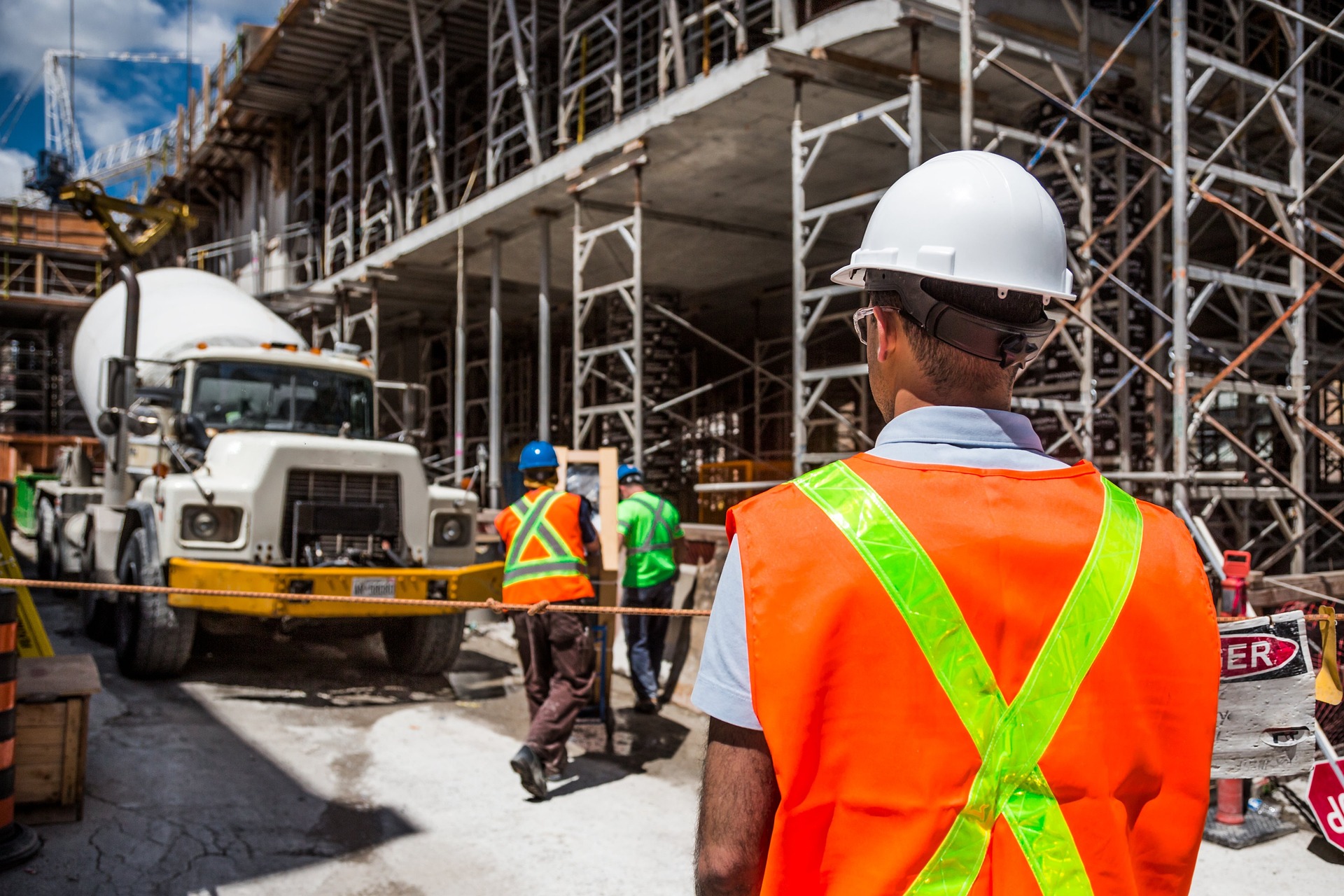
Serbia welcomes more returning workers, offers a future for those highly qualified
From October 2020 to the same month last year, the number of workers returning to Serbia was 15,000 higher than those who have left. Among the returnees, there is a significant number of highly qualified people, such as IT specialists and mechanical engineers. The reasons are mostly financial: although they earn more abroad, they also need to spend more there.
Salaries are different, but the lifestyles they provide are not
Sasa Stefanovic moved to Sweden seven years ago to try his luck. He worked hard, progressed well, and three years later he was promoted to be a team leader. Although he was happy with his wage, after seven years of working abroad he decided to return to Serbia and start a family there.
„I saw that that country was also developing, and I had to admit there there is life here, too,” he told Tacka povratka (Returning Point), a Serb non-profit organisation.
Mr Stefanovic explained that although he makes less money in Serbia, the standard of living he can afford from his wage isn’t inferior to that in Sweden. He said he wasn’t particularly fond of the Scandinavian lifestyle, where people mostly just work and then go home. Personal meetings and friendly get togethers are rare and strictly planned in advance, he said.
Putting to use the knowledge obtained abroad at home
The NGO called Tacka povratka tries to connect the Serbs of the diaspora and the motherland, and it helps those who – after spending many years abroad – want to settle back into Serbia for the long term. The organisation provides advice on administrative and economic topics and lists some positive examples. So far, its podcast series has featured nearly 70 individuals, who explained how they lived abroad, what motivated their return and how they fared in Serbia following their return. The interviewees include IT professionals, engineers, artists, athletes, models and lawyers. They all agreed that they have learned a lot during their years abroad, familiarised themselves with new trends and a new outlook on the world, and established useful social connections. However, they all want to use this knowledge in Serbia, where many have already set up their own business.
Professional craftsmen also make good money
Salaries in Serbia have increased significantly in recent years, because employers are forced to pay more if they want reliable employees, the owner of an architecture company in Belgrade told Serbia’s public media.
„Professional craftsmen make €60-70 a day, while manual laborers take home around €30-35. A professional, licenced tiler can earn as much as 100 euros a day, so if you spread this out on a monthly basis, you can make some serious money,” Veselin Raznatovic said.
Recently, a Serb plumber has shared a similar story with our news agency. He said there are less licenced professionals on the market, so he can charge a lot more than a few years back. In addition, he now has more freedom to choose his jobs. If he dislikes a job, he can turn it down, because he’ll get another assignment soon.
Wages in Germany do not follow rising prices
While wages paid to craftsmen and skilled workers are definitely rising in Serbia, workers are earning less money in some places in the West, a house painter who has returned to Serbia told V4NA. The cost of living is constantly rising in Germany and most of the money is spent on housing and subsistence. The costs of renting an apartment and food prices have almost doubled in the last two years, said Nenad Radicevic, correspondent of Serbia’s public television in Germany.
„The cost of living has risen so high that the majority of workers in Germany find it difficult to save any money,” the journalist wrote in the article published by the public media.

Photo: V4NA
Among the returnees are not just physical workers, but also those highly qualified
The „brain drain” that posed a huge problem in previous years is no longer typical, Ivan Brkljac, director of the Tacka povratka organisation said.
„Currently, more people with higher education degrees come to the country than leave,” Mr Brkljac explained, pointing out that specialisation is the biggest problem in Serbia today. „Specialisation is rather difficult, especially in health care, and people are dissatisfied with the situation, but I expect that the state will take the necessary steps,” he said.

